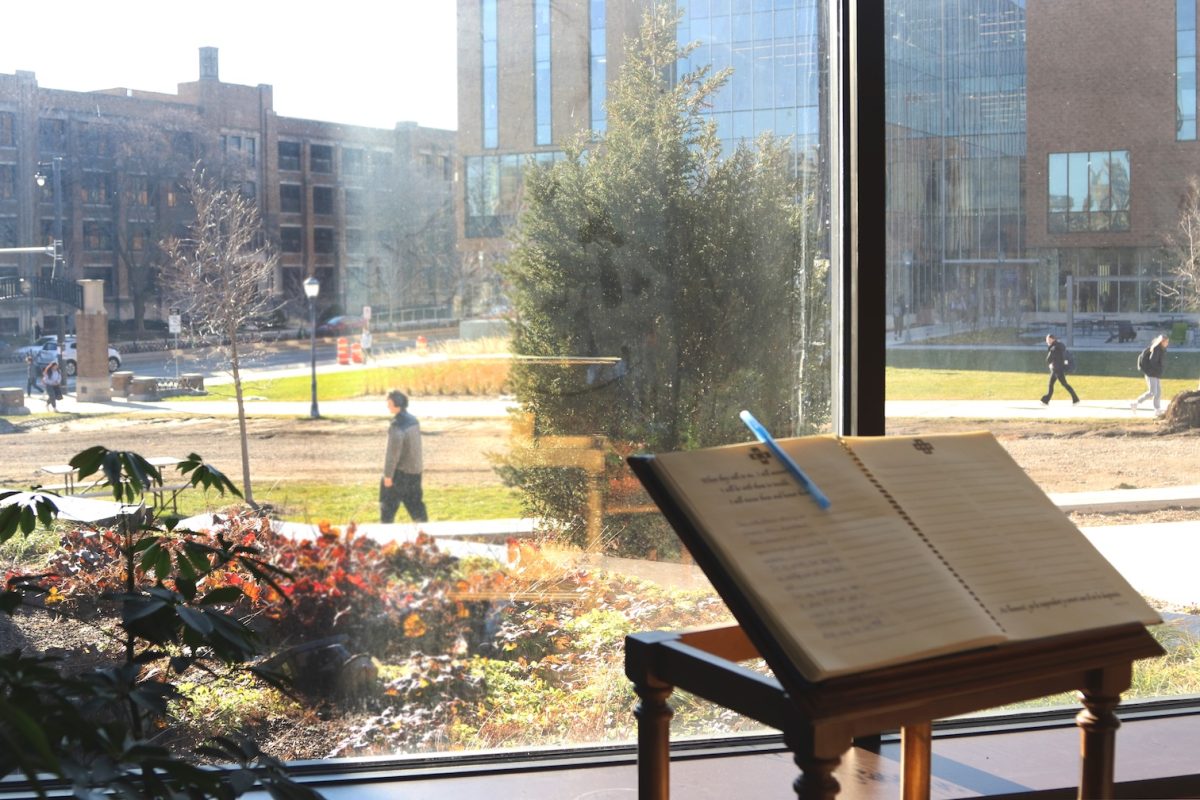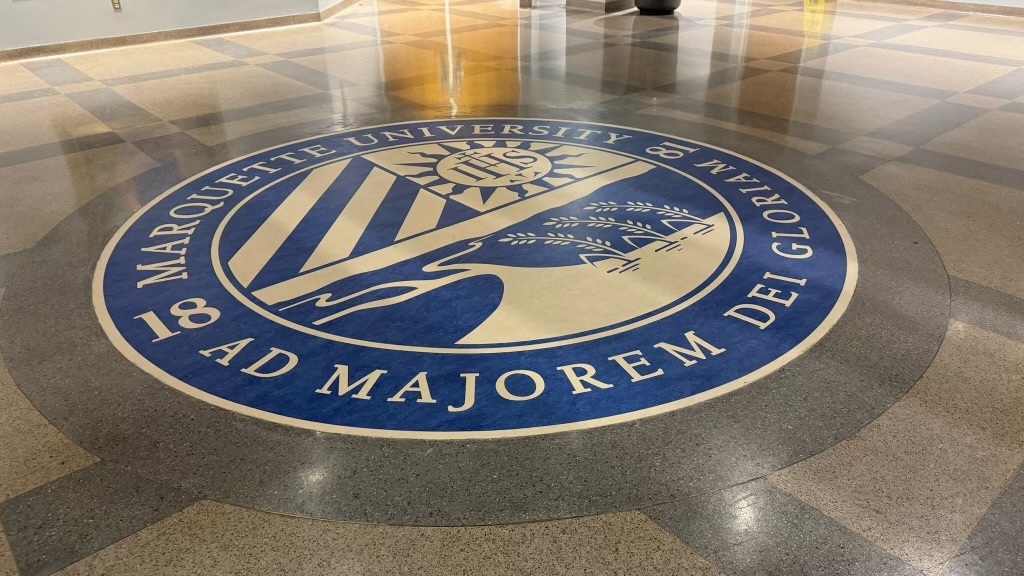On Tuesday The Marquette Tribune ran a front-page article titled “Study Abroad Costs to Rise.”
At first glance I was surprised to read the news, particularly since I work at the Office of International Education advising prospective exchange students, and studied abroad at a Marquette-affiliated program last year.
While it is true that study abroad costs may go up for a small percentage of students, for the vast majority (likely 90 percent if Marquette’s aid statistics are any indication), the cost of study abroad will either be the same or decrease relative to current tuition costs abroad.
Tuition for the 2010-’11 school year is now $15,000 per semester.
Freshmen and sophomores can expect to add another $5,000 for room and board. The only case where it would now cost more to study abroad through an affiliate program is if the foreign university charged less than Marquette after taking into consideration scholarships.
Simply put, the new system is not only more equitable, but it will open up the option of international study for a larger proportion of Marquette students than ever before.
Let me explain. I spent my junior year (2008-’09) abroad in China at the Beijing Center for Chinese Studies.
The program is run through Loyola University Chicago, and at the time the sticker price was over $12,000 per semester. Like most Marquette students I don’t pay anywhere near $12,000 dollars a semester to go to school here after Marquette grants and scholarships.
In the end, my parents and I decided the experience and opportunity I would gain from studying abroad would be worth it despite the substantially increased cost.
A similar student now no longer has to make that trade-off. When you factor in the decreased cost of room and board, living expenses and a good deal on a flight, studying in China would now be cheaper for me than studying here.
In fact, one of the reasons Madrid and South Africa, the two Marquette sponsored programs, are so popular is that students are guaranteed their scholarships and aid will transfer.
This is now the case for all of the affiliated programs listed on the OIE’s Web site.
Ultimately, while cost is an important factor students must take into account when planning to study abroad, it is not the only consideration. Attending the closing ceremony of the Olympics, riding camels through the Gobi Desert, visiting monks in the foothills of Tibet, and doing a business internship in the capital of China are opportunities that you simply cannot take advantage of in Milwaukee.
Despite the headline of your article, for most students such opportunities are now more accessible than ever.
Josiah Garetson is a senior in the College of Arts & Sciences.




